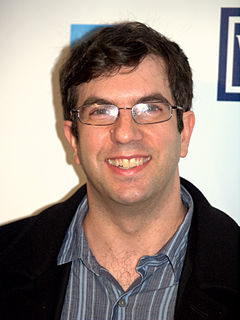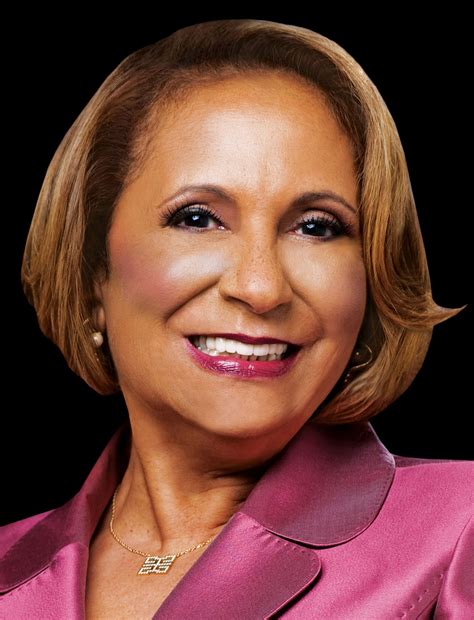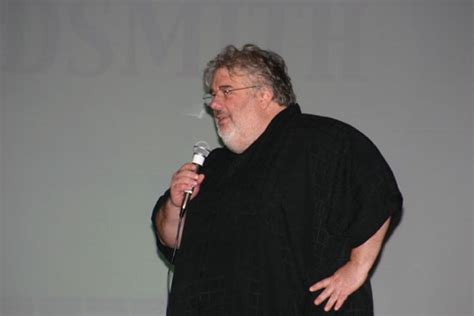A Quote by Pablo Picasso
Something sacred, that's it. We ought to be able to say that such and such a painting is as it is, with its capacity for power, because it is "touched by God."
Related Quotes
Intellectually I touched God many times as truth and emotionally I touched God as love. I touched God as goodness. I touched God as kindness. It came to me that God is a creative force, a motivating power, an over-all intelligence, an ever-present, all pervading spirit - which binds everything in the universe together and gives life to everything. That brought God close. I could not be where God is not. You are within God. God is within you.
As a philosopher, if I were speaking to a purely philosophic audience I should say that I ought to describe myself as an Agnostic, because I do not think that there is a conclusive argument by which one can prove that there is not a God. On the other hand, if I am to convey the right impression to the ordinary man in the street I think that I ought to say that I am an Atheist, because, when I say that I cannot prove that there is not a God, I ought to add equally that I cannot prove that there are not the Homeric gods.
We must each walk through life on our own, but we don't have to do it alone. God wants a powerful people. He gives His power to those who are faithful. We have a sacred obligation to seek after the power of God and then to use that power as He directs. And when we have the power of God with us, nothing is impossible.
I'm still agnostic. But in the words of Elton Richards, I'm now a reverant agnostic. Which isn't an oxymoron, I swear. I now believe that whether or not there's a God, there is such a thing as sacredness. Life is sacred. The Sabbath can be a sacred day. Prayer can be a sacred ritual. There is something transcendent, beyond the everyday. It's possible that humans created this sacredness ourselves, but that doesn't take away from its power or importance.
To me there is nothing more sacred than love and laughter, and there is nothing more prayerful than playfulness. When you are in love, all fears disappear, and when you become love yourself, even death becomes irrelevant. Jesus is not very far away from the truth when he says, "God is love." Certainly God is power, the greatest power. I want to improve upon Jesus: I don't say God is love, I say love is God. To me God is only a symbol and love is a reality. God is only a myth - love is the experience of millions of people. God is only a word, but love can become a dance in your heart.
That's the reason I believe in the power of prayer, because I believe you have to be able to first believe in a being superior to you, You have to believe in God and once you're able to believe in God and embrace the greatness of the creator, then you're able to believe in yourself and embrace the greatness that God put into you and each of us, and you're able to tap into that. But there will be days.
The predominant teachings of this age are that there are no limits to man's capacity to govern others and that, therefore, no limitations ought to be imposed upon government. The older faith, born of long ages of suffering under man's dominion over man, was that the exercise of unlimited power by men with limited minds and self-regarding prejudices is soon oppressive, reactionary, and corrupt. The older faith taught that the very condition of progress was the limitation of power to the capacity and the virtue of rulers.
I think, at the L.A. County Museum of Art, I saw my first example of Kerry James Marshall, who had a very sort of heroic, oversized painting of black men in a barbershop. But it was painted on the same level and with the same urgency that you would see in a grand-scale [Anthony] van Dyck or [Diego] Velazquez. The composition was classically informed; the painting technique was masterful. And it was something that really inspired me because, you know, these were images of young, black men in painting on the museum walls of one of the more sanctified and sacred institutions in Los Angeles.








































